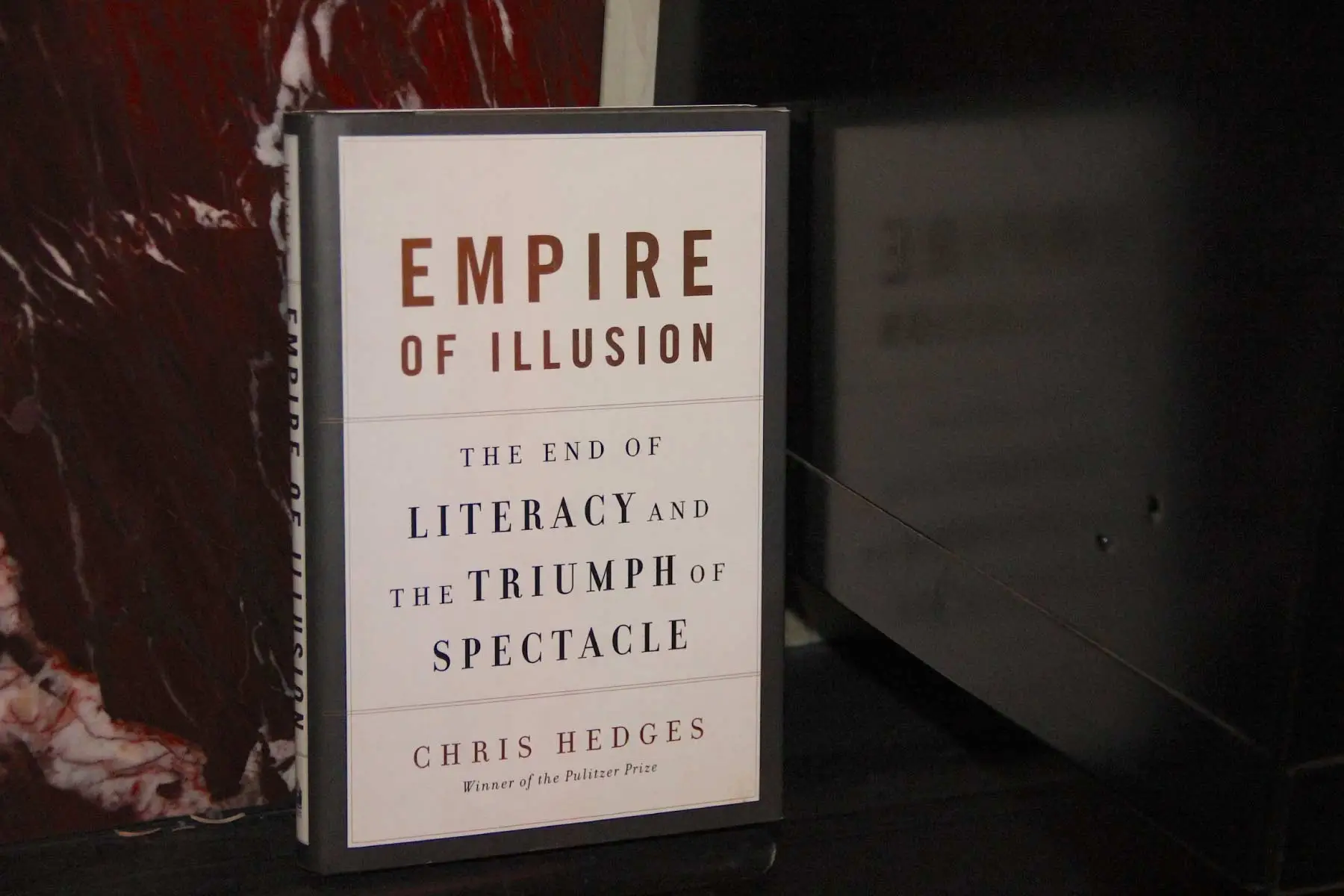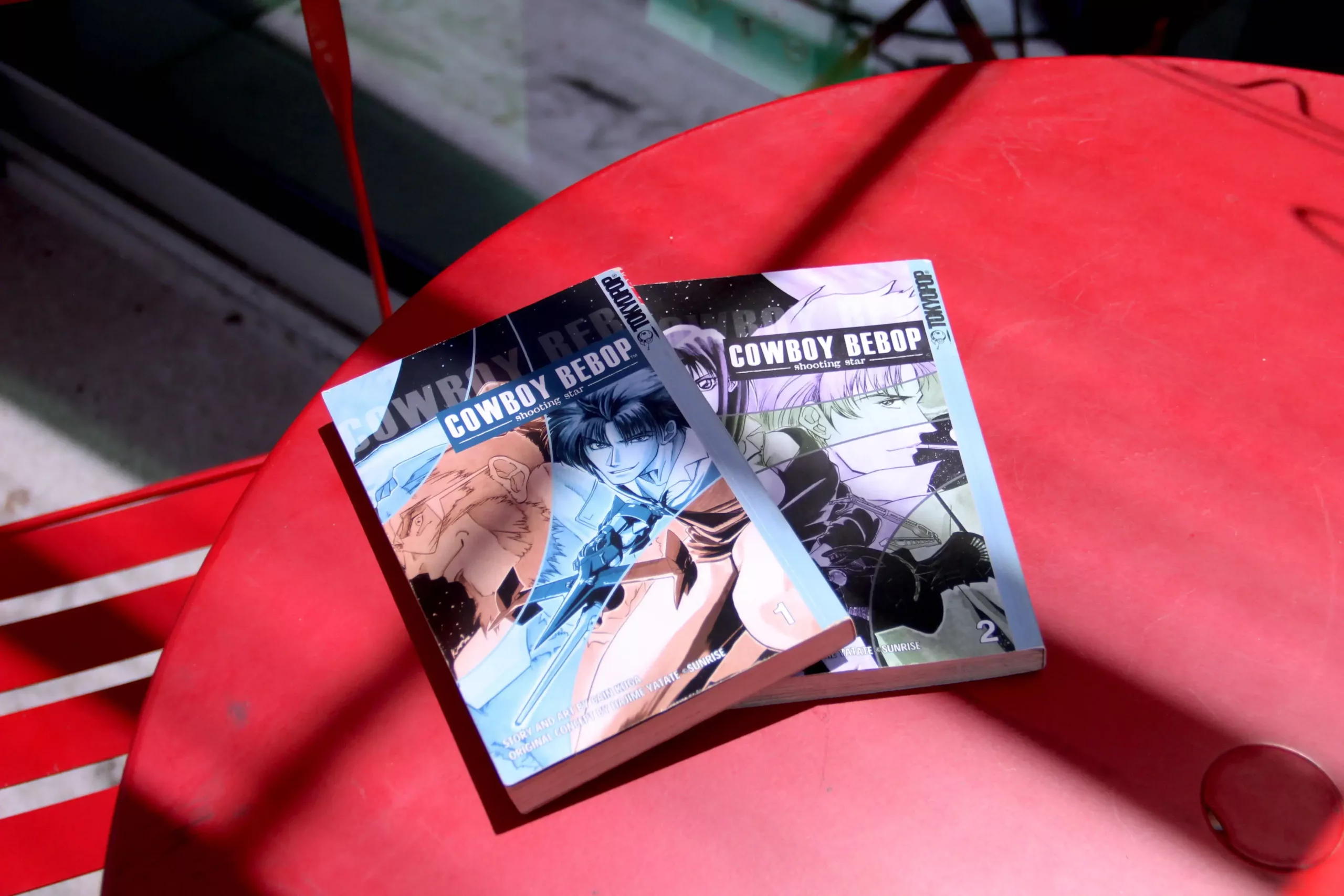As an Amazon Associate, we earn from qualifying purchases.
Picking up this poetry collection, “Everlasting Spring: 101 Poems for Every Season of Life,” you can tell the author has style. The front and back of it are a calming pink with a minimalistic drawing of a flower. The poetry inside, too, is bite-sized and minimalistic, enough for the author, Sonya Matejko, to get her point across and inspire. Readers can easily discern Matejko’s positive voice in this encouraging, friendly poetry collection organized by seasons: Summer, Fall, Winter and Spring.
Despite the organization of the book, Matejko encourages readers to go out of order. The poems are meant to be read when they are most needed. The collection is uplifting and encouraging. Matejko’s voice is that of an optimistic childhood friend. The collection begs to be read out loud. In her social media posts, Matejko has read some of her work to her followers.
Each poem feels like a revelation about life that the author wants to share with us. Take this:
Occupied by Being
In a world where
everyone is busy,
be the one who
is busy living.
Or this:
Summer Plans
What are your plans for today?
Today, I plan to love myself madly,
and see where that gets me.
Care to join me?
‘Everlasting Spring’ Summary: Poems for Seasons and Self-Reflection
The collection contains 101 poems. Each section, which is based on a season, also has a different goal.
- Summer: about dreams and desires
- Autumn: about change and doing less
- Winter: about troubles and triumph
- Spring: about growth and coming alive
The poems are uplifting in a way that feels as if you’re in conversation with a long-time friend, one who cares and is wise. There are countless themes tackled, but I can highlight some of them by highlighting some of the pleasing words in this collection including: daydreaming, alive, love, romanced, hope, becoming, nostalgic and healing. Even when the chapter of Autumn feels more intimate and the poems are about overcoming difficult things, there is still a sense of hope.
The poems are minimalistic in the sense that one poem can be read a day, if that is how the reader chooses to use the collection. Matejko chooses to write to a “You” –you, the reader, which makes the tone intimate. It feels that Matejko is encouraging herself as well as her readers to stay positive and enter the world with openness. By being open with her feelings, she allows readers to be open with themselves.
Working on your mental health? Get inspiration from our favorite self-help books.
At The Rauch Review, we care deeply about being transparent and earning your trust. These articles explain why and how we created our unique methodology for reviewing books and other storytelling mediums.
Audience and Genre: Harkening Back to 2010s-Style Short Poems on Social Media
Because of the bite-sized length of most of the poems, this collection feels close to the collections of Rupi Kaur, Amanda Lovelace and Nayyirah Waheed. Each poem is direct and easy to read.
Around 2014, short poems that felt consumable by social-media hungry readers became famous. “twitterature” became its own lingo, defining small-sized literature that can be consumed under a strict word count. Writers were creating sentence-length stories and poetry, sometimes under six words, on social media. They were gaining thousands of followers for their authentic and thoughtful voices. In one sentence, a poet can entice someone to hit the follow button.
These poems were often related to life, like this one by Waheed: “If someone does not want me it is not the end of the world. But if I do not want me, the world is nothing but endings.”
Matejko’s collection brings back fond memories when poems became shareable and accessible to all readers regardless of their education and writing background. Readers who’ve never had a thorough English curriculum could appreciate poems and were touched. In the same way, these poems reach the “You” — the reader — in an accessible way. Readers with and without a literature background don’t have to sift through metaphors or vague poetic language to understand the message. “Don’t you see?,” Matejko wrote in “Watch Me Unfold”, “They didn’t break you apart. / They broke you open.”
Themes: Hope and Acknowledgement
On the theme of acknowledgement, Matejko wrote: “Maybe anxiety lingers / because it wants to be seen / just like all of us.” (From “Freeing What Hurts”). As a reader I feel seen by this poem and by the poems that follow: “I am so proud of you / for staying soft / in a world that has been hard on you.” (From “You Showed Them”). Matejko is saying, “I see how you feel and it’s OK.”
These two poems are from the Winter section, which feels like a space for reflection and confronting inner conflicts. In Winter, we often hibernate, stuck inside. These poems feel comforting in a fast and competitive world. I feel supported by a friend.
As a reader I’m not just left with validation from these poems, but with the hope that things will get better. In the Spring section, Matejko wrote: “And while some may call us naive, / I call us brave for rebelling / against a world that tries to limit us / when we are, in fact, limitless.” On the theme of Spring and flowers, Matejko plays with language in “Three-Hundred-Sixty-Five Roses”: “Last year? You grew. / This year? You bloom.” The book ends with beginnings and encourages the reader — with a final page — to write the title of their new beginning. Matejko works with these poems to call readers to action.
Overall, the themes are positive: hope, acknowledgement, love, daydreaming, starting again, celebrating how far we’ve come. Taking action.
Poetry Form: Free Verse With Frequent Second Person
Matejko doesn’t limit herself throughout this collection, and it shows in her stylistic choices. The poems aren’t restricted by any length or stanza. They are written in free verse that allows Matejko to still have line breaks and appropriate pauses, while also being free to focus on the message. I think the message of each poem is more important than stylistic choices. While reading a poem, you feel as if you’re reading a thought. The length of each poem — often bite-sized — allows for the reader to use the white space as time to think and reflect. Matejko still uses repetitions to emphasize important moments in the poem, as in this one:
“There are already so many people / who already love you. / So many places / that hold a piece of you. / So many ideas / that have been birthed by you.”
In this poem, the repetition of “you” makes the reader feel powerful. “You” are the gift and “you” are the thing that’s been realized. Even as life changes, “you” is constant and “you” is the recurring person making all of these incredible things possible.
Though there are poems that play with the meanings of “fall” and “summer,” the reader is encouraged to be these seasons. Each poem feels like a wise tidbit Matejko wants to share. In that way, the poems don’t have to be translated or dissected for meaning. The message is the most important thing.
There are some instances when the writing is italicized: “Chances are — right now, you’re living in a dream (or two).” I read the italicized writing as Matejko emphasizing the words for us as if she’s speaking to us. The writing is conversational, natural and smooth. When Matejko wants us to focus on a word, it’s emphasized. When there’s a comma, we’re being asked to pause. We’re listening to her voice, to the message and inevitably ourselves.
You might also like “Eleanor Oliphant Is Completely Fine” by Gail Honeyman.
Personal Opinion About the Collection: Reflections in Winter
I’m reading this collection while a snowstorm happens again in Cleveland on a dreary day in February. Even though the weather is rough outside, this book feels calm. I like that there’s an uplifting message. Even the pages have visuals of flowers, a personal favorite, because I love flowers and I love Spring.
Coming from a poetry background, I was surprised when the voice of this collection was friendly and direct. Often, as a poetry reader, I have to read and read again to understand the meaning. Perhaps this accessibility is why this book functions differently for me. It’s not a book I reread to find meanings, but to be reminded of positivity and hope. It’s the kind of book I’d give to a friend to tell her she’s incredible and lift her spirits. The kind of book I’d read one poem a day to set my intentions for the long hours ahead. The kind of book I’d return to if I feel lost or need to give more grace to myself.
‘Everlasting Spring’ Review: Great for Readers Who Want a Simple, Uplifting Poetry Collection
I would say that readers looking for challenging poetry to dissect won’t be satisfied with this book. This is a book more for a reader who wants a light, uplifting collection and may not know much about poetry. They may want to share a thought to their followers or with their family members — poetry that is consumable and filled with deep thought.
After reading this collection, the reader might feel like they’ve done some more freewriting and self-reflecting. At the end of every season, there are prompts encouraging readers to answer questions about their own life journey. They’re asked to turn inward. The transparency of Matejko’s writing makes it feel intimate and gives readers the encouragement to be vulnerable with themselves. These prompts are really helpful for those who want to increase their self-awareness and have a positive mindset. One of the questions prompts the reader to think about a summer love affair, real or imaginary. The questions are doing something many readers might not do for themselves: giving permission.
Buying and Rental Options
- Amazon
- Barnes & Noble
- Books-A-Million
- Bookshop
- Moby the Great
- Pathway Book Service
- Strand Book Store
- Target
- ThriftBooks
- Walmart
You may also like “The Midnight Library” by Matt Haig.
Get recommendations on hidden gems from emerging authors, as well as lesser-known titles from literary legends.







